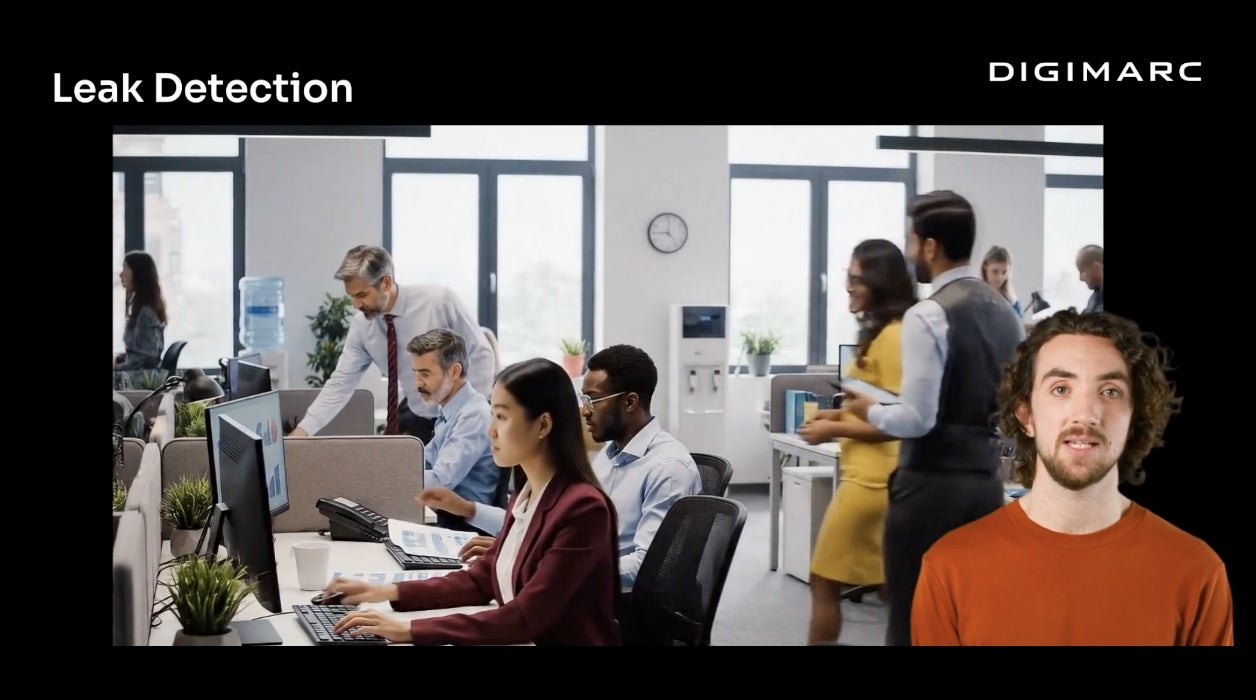Retailers worldwide are fighting for millennial shoppers and they’re doing it on the private label battlefield. A recent study by Cadent Consulting Group indicated that 32% of Millennial shopping baskets consist of private label offerings. There are multiple factors for their enthusiasm.
Millennials, which Pew Research defines as individuals born between the years of 1980-1996, are proud digital natives. After growing up in a society filled with peer-to-peer inter-connectivity, social networking and access to information, technology plays a pivotal role in their shopping behaviors.
Because millennials value accessibility to information through digital devices, they naturally want to know more about the products they consume. For millennials, information yields transparency; hence, information is a foundation to build trust.
Millennials demand information beyond the nutritional label, such as where the product was sourced, possible allergens, GMOs, how the product affects the environment, production methods and even the brand’s “corporate story.”
They also appreciate the quality of private label products. Cadent’s survey also indicated 60% of Millennials surveyed agreed that private labels’ quality is better than national brands.
Retailers cannot control how national brands manage their products, but they can use their private label products as a platform for reaching millennials. Retailers can easily see the consumer trends, change, and adapt their private label designs to customer preferences because these brands are controlled in-house.
A recent Forbes article highlights how millennials are drawn to attractive, clean and polished packaging which incorporates varieties of color combinations, shapes, and wording. It is through packaging that millennials are initially attracted toward a product, however quality is also communicated through the list of ingredients. Private labels refrain from making bold claims and keep their packaging content to a minimum.
For example, Kroger Co. was quick to respond, and are expanding development of private label lines. They now have a total of 10,000 items under their private label Our Brands.
The growth in private label offers retailers new opportunities for shopper engagement, brand loyalty, and increased revenue. Linking digital to product has a promising future for retailers and consumers.
Discover how Digimarc Barcode for Packaging can aid retailers in delivering more product transparency, and ROI.
